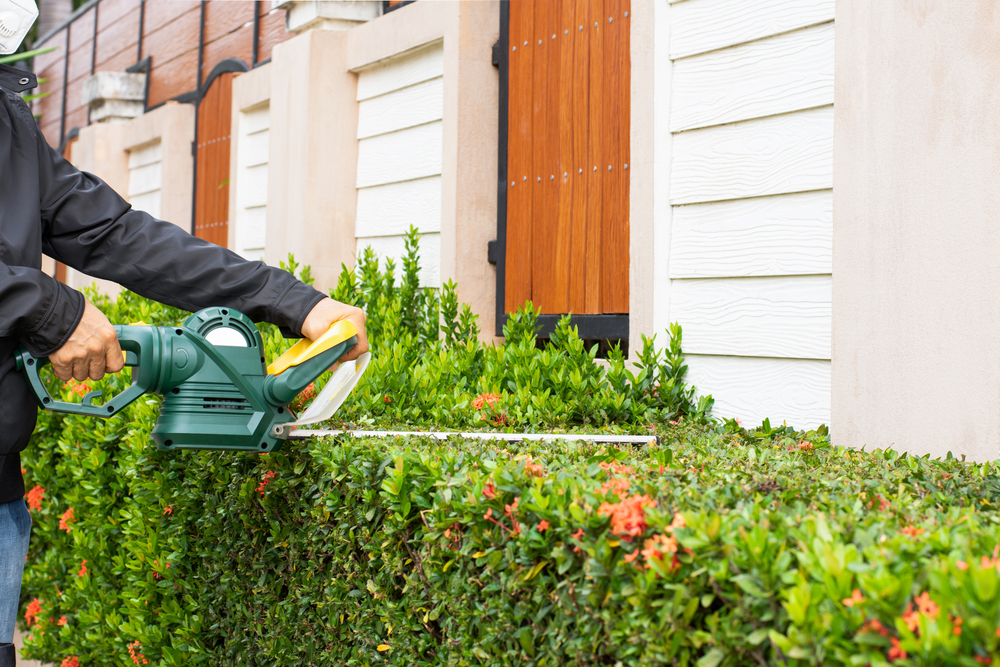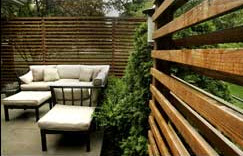Vinyl fences are known for their low maintenance requirements compared to other types of fencing materials like wood. While vinyl fences do not need the same level of care as wood fences, they do benefit from some maintenance to keep them looking their best and ensure their longevity. Here are the key maintenance tasks for vinyl fences:
- Cleaning: Regular cleaning is the primary maintenance task for vinyl fences. Cleaning helps remove dirt, debris, and mildew that can accumulate on the surface. To clean a vinyl fence, use a mixture of mild detergent (such as dish soap) and water. Scrub the fence gently with a soft brush or cloth, and then rinse it thoroughly with a garden hose. Avoid using abrasive cleaners or tools that can scratch the vinyl.
- Inspect for Damage: Periodically inspect your vinyl fence for any signs of damage, such as cracks, chips, or loose components. Address any damage promptly to prevent it from worsening.
- Stain Removal: Vinyl fences can sometimes develop stains from sources like rust, algae, or grass. Stains can often be removed with appropriate cleaners. Follow the manufacturer’s recommendations for stain removal, or consult with a professional if you’re unsure.
- Trim Vegetation: Trim any plants or vines that may be growing near or on the fence. While vinyl is resistant to rot and decay, overgrown vegetation can exert pressure on the fence, potentially causing damage over time.
- Check Hardware: If your vinyl fence has gates or other hardware, inspect them regularly to ensure they are functioning correctly. Lubricate hinges and latches as needed to prevent rust and ensure smooth operation.
- Avoid Heavy Impact: Be cautious when using lawn equipment or engaging in activities near the fence that could cause damage. Heavy impacts from lawnmowers or other equipment can dent or crack vinyl.
- Avoid Close Contact with Heat Sources: Vinyl can become soft and deform when exposed to extreme heat or open flames. Avoid placing grills, fire pits, or other heat sources too close to the fence.
- UV Protection: If you live in an area with intense sunlight, consider choosing vinyl fence materials that have UV protection. This can help prevent fading and damage due to prolonged sun exposure.
- Winter Preparations: In areas with freezing temperatures, remove snow and ice from the fence to prevent stress on the vinyl components. Avoid using salt or ice melt products that can be corrosive.
While vinyl fences require less maintenance than many other materials, performing these regular tasks can help ensure your vinyl fence remains in good condition, retains its appearance, and lasts for many years. Consult the manufacturer’s recommendations for maintenance specific to your fence, and address any issues promptly to prevent more extensive damage.


